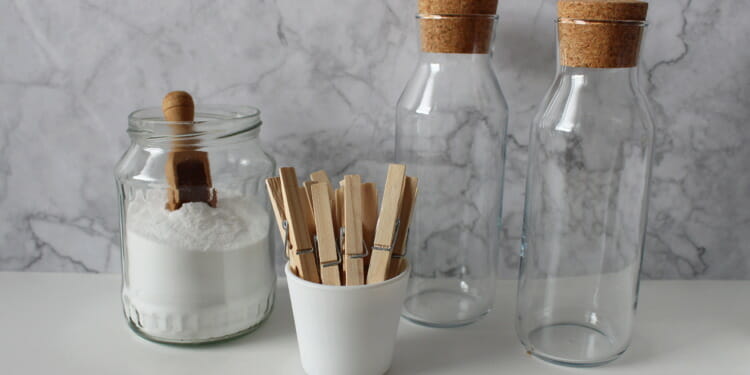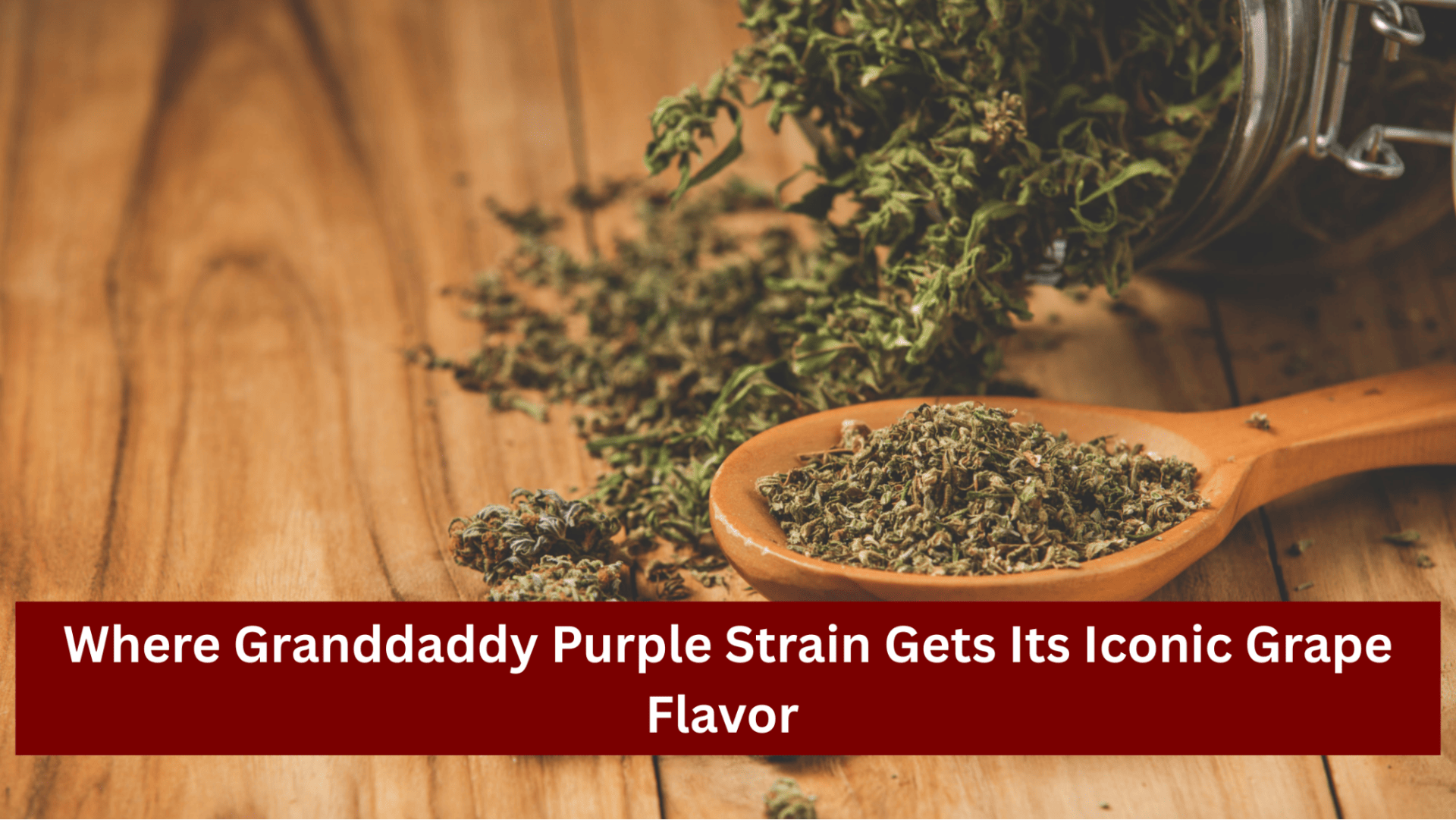When we invite a guest over, we want our homes to appear welcoming, comfortable, and at the very least, clean. Consequently, household cleaning products are a multi-billion dollar industry.
Because of increased awareness of the dangers of toxic chemicals, consumers have a growing interest in natural cleaning products that are safer, not only for their home, but for the planet. Corporate cleaning giants have been trying their best to enhance their products by adding labels that boast buzzwords such as “natural”, “non-toxic”, “eliminates allergens”, or “from real ingredients”, but the back of each bottle reveals a whole slew of lab-made chemicals.
Instead of trusting these corporations with the health and safety of our families and our planet, isn’t time we find alternatives? Not only are homemade cleaning products easy to prepare, they are inexpensive, effective, and safe.
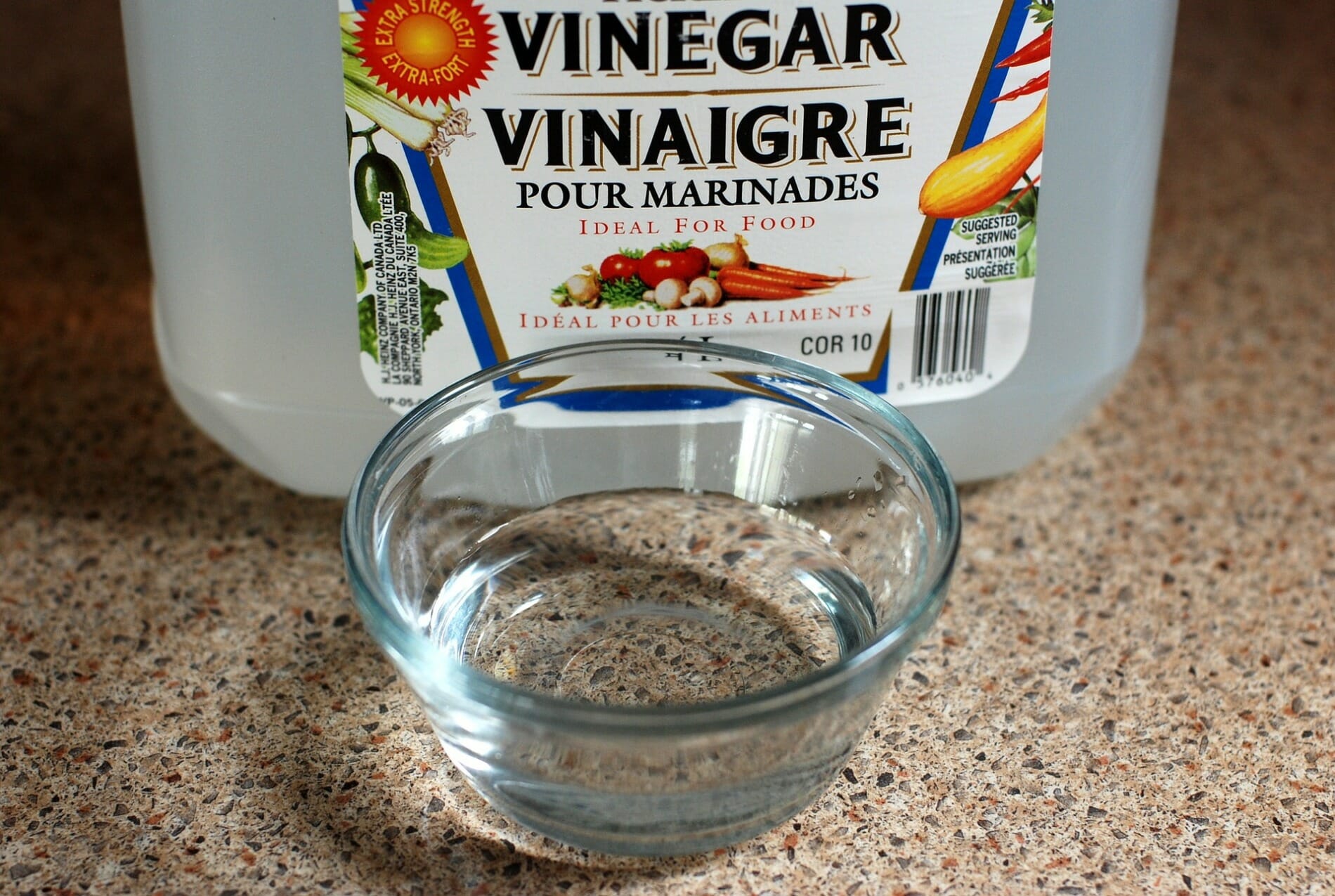
Some mainstays of natural cleaning recipes are baking soda, distilled white vinegar, and essential oils. With these biodegradable and effective agents you can remove rust and lime deposits, erase stains, cut grease, and kill bacteria and mold. They are safe for septic tanks, washing machines, ovens, toilets, teapots, tiles, and more.
Because most recipes contain these simple and easy-to-buy components, you may want to create cleaning mixtures to meet your own cleaning needs at home. When developing your own cleaning mixtures just keep these few tips in mind:
- Avoid using vinegar on granite or marble, as doing so can erode or stain the surfaces. Dilute vinegar with water before applying to wooden surfaces.
- Avoid using baking soda on glass, aluminum, ceramic, or marble, as it may scratch surfaces.
- Essential oils can be a great way to freshen a space and effectively kill harmful germs. Some fragrant and antibacterial essential oils include:
- Lemon
- Tea Tree
- Lavender
- Eucalyptus
- Peppermint
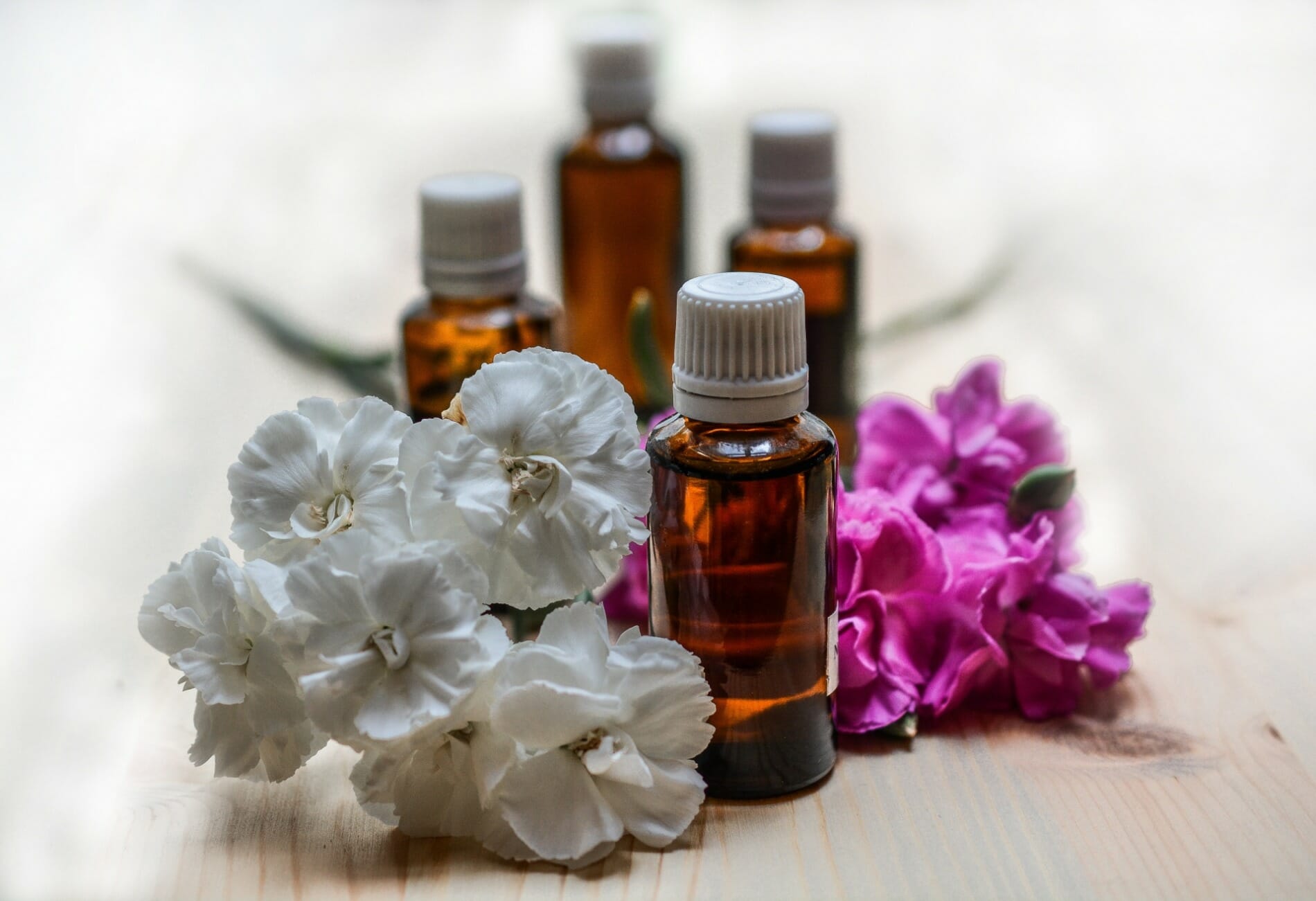
Below are some common recipes to add to your arsenal of natural and safe DIY cleaning mixtures:
DIY Air-Freshener
- Spray bottle
- One teaspoon of baking soda
- 15 drops of your favorite essential oil
Mix ingredients together and pour into a spray bottle.
A simple change in fragrance can boost the ambiance of any room. With this recipe, you can breathe easy knowing that there are no harmful chemicals invading your space.
All-Purpose Cleaner
- Spray bottle
- One tablespoon of baking soda for abrasive scrubbing properties
- 200 ml of white vinegar
- 15 drops of lemon, peppermint, or tea tree essential oil
Simply mix and keep your spray bottle handy so that you are prepared for a spill on the couch or a stain on your tennis shoes. This recipe is very versatile; you can use it to clean just about anything.
Glass and Mirror Cleaner
- Spray bottle
- 100 ml of isopropyl alcohol
- 100 ml of white vinegar
- One tablespoon of cornstarch, which reduces streaking
- 10 drops of your favorite essential oil
- 500 ml of water
Mix ingredients and funnel into a spray bottle. To get a streak-free mirror or window, this recipe works best with a flat weave microfiber cloth. Don’t forget to wipe in circular motions.
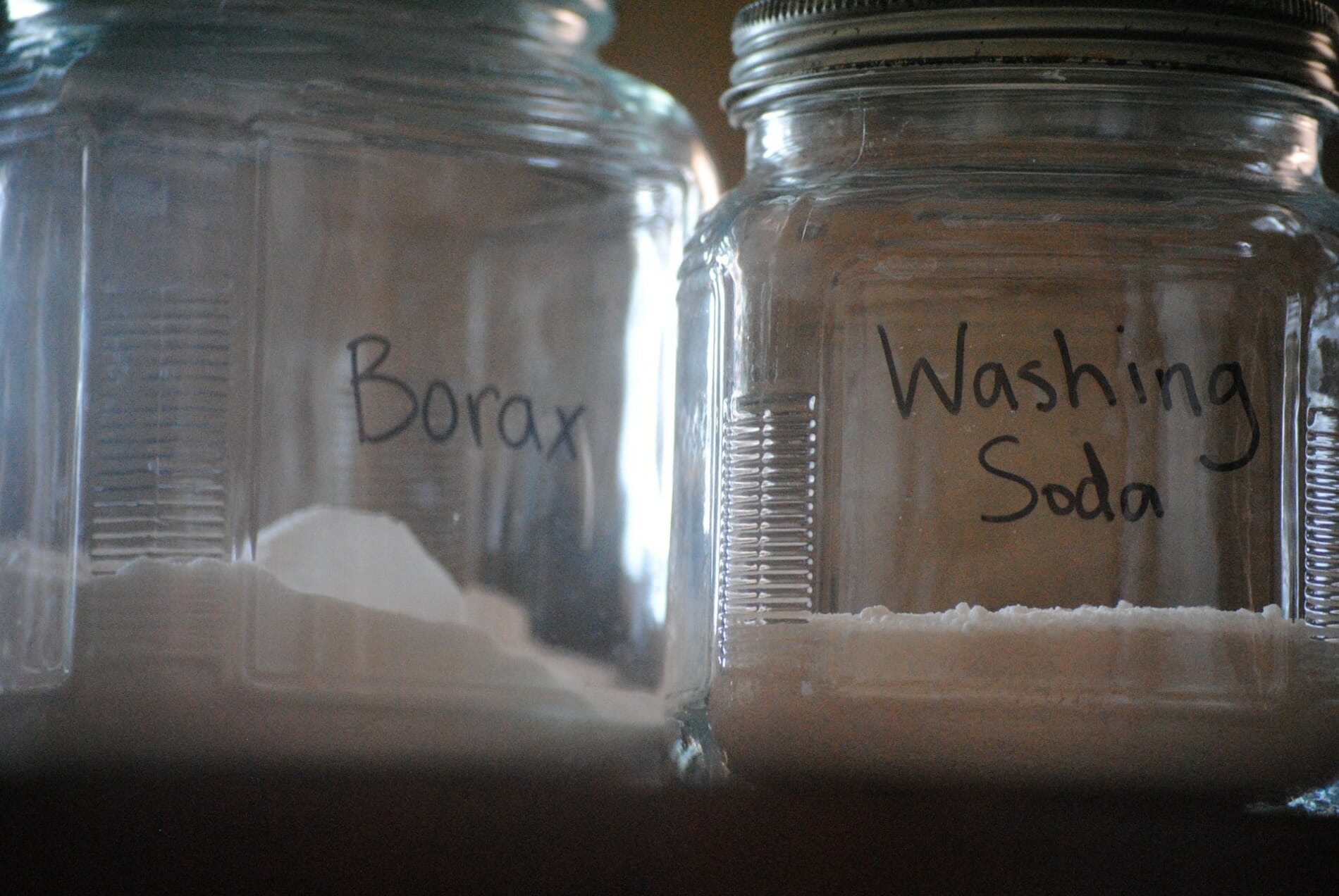
Laundry Detergent
- One bar of castile soap
- 400 ml of borax
- 400 ml of sodium carbonate
Finely grate castile soap with a cheese grater, stir all ingredients thoroughly. Store in a reused plastic jug or glass jar. Use one to two tablespoons per load, depending on load size.
This non-toxic laundry detergent is safe for septic tanks and it will save you a whole lot of money.
Fabric Softener
- Splash about 50-100 ml of white vinegar into the washing machine before the final rinse or in your washer’s fabric softener dispenser.
Doing so not only removes suds and scale, softens fabrics, and leaves no residue; it also extends the life of your washing machine. Hurray for saving money, and the environment!
Dish soap
- One tablespoon of borax
- One tablespoon of finely grated castile soap
- 20 drops of essential oils
- 400 ml of boiling hot water
Mix borax and grated soap into a bowl, pour in hot water. Stir until the mixture is homogeneous. Add essential oils and leave standing for 8 hours.
Dish soap can be a tricky recipe to master, the key is consistency: not too chunky nor too thick. Because there are several factors that can affect the final product, you may have to tweak ingredients to get the perfect viscosity. It is also fun to experiment with mixing your essential oils to discover heavenly scents: lemon, wild orange, grapefruit, juniper berry— the possibilities are endless.
Editor’s Note: The opinions expressed here by Impakter.com columnists are their own, not those of Impakter.com. — In the Featured Photo: Baking soda, clothes pegs, and an assortment of glass bottles. Featured Photo Credit: pxfuel


